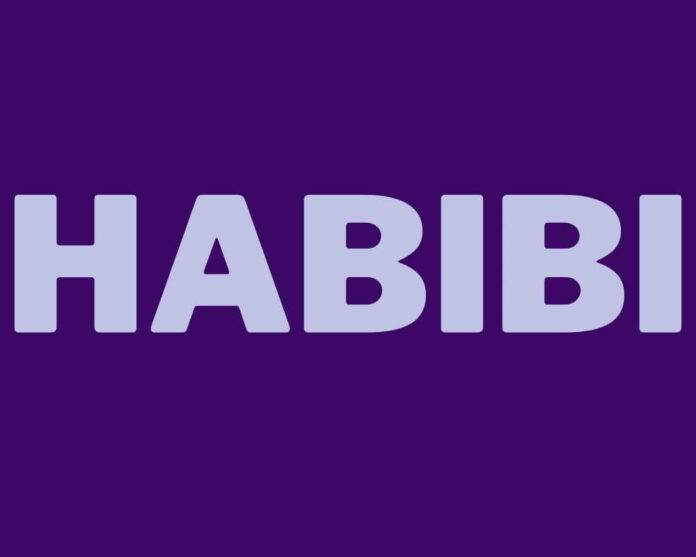The word “Habibi” holds a special place in the hearts of many people, especially those from the Arab world. It is a term that is often used to express love and affection towards someone. In this guide, we will dive into the origins of the word and explore its meaning, and usage in sentences.
What does Habibi mean?
Habibi” (حبيبي) can be translated to mean “my love” or “my darling”. Arab people use it as a term of endearment between close friends, family members, and romantic partners. In some cultures, it is also used as a casual and friendly way to address someone.
Where did Habibi come from?
The word “Habibi” has a rich history and cultural significance that goes back centuries. It is a term that is widely used in the Middle East and North Africa. But its origins can be traced back to ancient Semitic languages.
The root of the word “Habibi” comes from the Arabic triconsonantal root ḥ-b-b, which means “to love.” This same root can also be found in other Semitic languages such as Hebrew and Aramaic. In these languages, variations of the word have similar meanings, such as “beloved,” “darling,” or “dear.”
In Arabic literature, the word “Habibi” first appeared in pre-Islamic poetry and was often used to express love for a romantic partner. However, over time, it evolved to encompass different types of love, including platonic love between BSF or family.
As Islam spread throughout the region, the usage of “Habibi” was mentioned in several verses of the Quran. The Prophet Muhammad himself was known to use this term with his loved ones.
With Arab merchants traveling far and wide during ancient times, they brought their language and customs with them. This led to the adoption of terms like Habibi or Houbi by other cultures. Today, you can find variations of this word across different countries and languages in Asia, Africa, Europe, and even South America. Below we will discover 9 examples of how people use Habibi in sentences.
Examples in sentences
After we learn what Habibi means and its origin, let’s take a look at some examples of how some people use the word Habibi in different contexts.
- Come here, Habibi: Parents or older family members often use this phrase to call their sons or younger male relatives affectionately.
- My dear Habibi, I miss you, ILYSM: In this sentence, Habibi conveys a sense of love and longing toward someone close to the speaker.
- Don’t worry, Habibi, everything will be alright: In this context, it means “my friend” or “buddy.” Showing a supportive and caring tone towards the person being addressed.
- Shukran ya habibi!: This expression translates to “Thank yu, my beloved” or “thank you, my dear.”
- Habibti!: While primarily used for men, women can also use the term habibti (feminine form of Habibi) to refer to female friends or loved ones.
- As-salamu alaykum ya Habib Allah: This phrase means “peace be upon you, O Beloved of God,” which people use it as a greeting for Prophet Muhammad in Islamic cultures.
- Habib Albi: Translating to “luv of my heart.” This phrase is commonly used in romantic relationships between couples expressing deep affection towards one another.
- Ya ‘Ain Hayati, Habibi: This phrase translates to “my heart’s eye, my beloved” and people use it in love songs or romantic poems by Arab poets.
- We’ve been friends since we were kids; he’s like a brother to me – my Habibi: In this sentence, Habibi takes on a more familial meaning, expressing the bond between two close male friends.
These are just some examples of how Habibi can be used in different contexts and relationships. So next time you hear someone being called Habibi, remember that it holds more meaning than just a simple endearment.
Conclusion
In conclusion, the word “Habibi” holds deep cultural significance and has a rich history that spans multiple languages and regions. Its usage in sentences can vary depending on context and relationship dynamics, but at its core, it represents love. By understanding the origin and meaning of this beautiful term, we can appreciate its actual value in our interactions with others.
